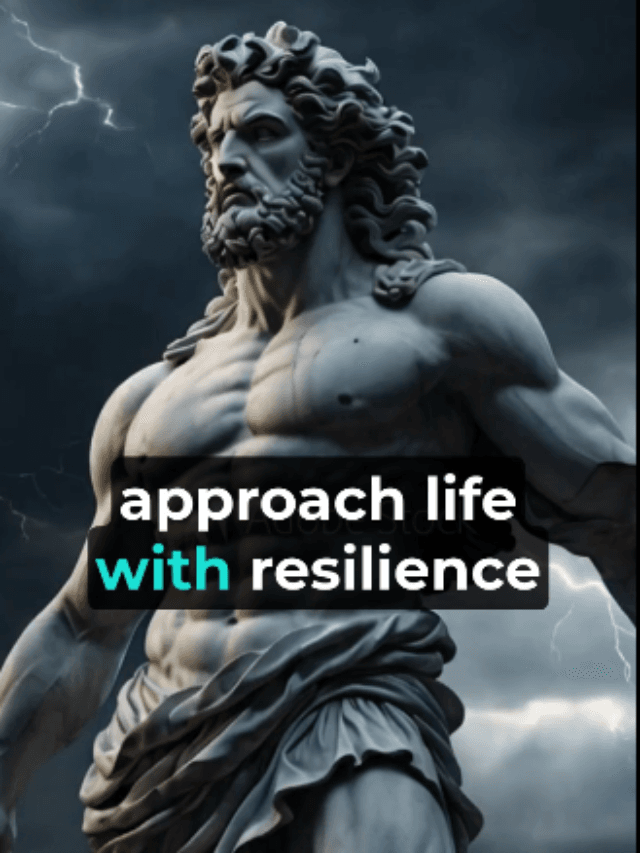International Day Against Drug Abuse 2024, known as World No Drug Day, is observed annually on June 26. The purpose of this day is to encourage education, advocacy, and global collaboration to combat addiction and strive toward a world free from drugs.

International Day Against Drug Abuse 2024
Drug abuse remains a major threat to global health and social welfare. Emphasizing the need for urgent action, the International Day Against Drug Abuse and Illicit Trafficking will be observed on June 26th. This yearly campaign seeks to raise awareness about the severe consequences of drug use, such as physical and mental health damage, overdose fatalities, and societal issues.
2024 Theme: “The evidence is clear: invest in prevention”
The drug problem affects millions globally, impacting both individuals and communities. Recognizing the societal, economic, and health impacts of drug use, World Drug Day, observed on June 26, stresses the importance of evidence-based policies rooted in science, human rights, compassion, and knowledge. By focusing on prevention and treatment through collaboration, we can combat drug abuse and promote healthier, happier lives. According to the United Nations Office on Drugs and Crime, this year’s World Drug Day aims to:
- Raise awareness: Enhance understanding of the effectiveness of evidence-based prevention strategies in reducing drug-related harm.
- Advocate for investment: Encourage increased investment in prevention efforts, emphasizing the benefits of early intervention.
- Empower communities: Enable communities to implement evidence-based prevention programs and support community-driven solutions.
- Facilitate dialogue and collaboration: Promote collaboration among stakeholders to improve prevention practices and policies.
- Promote evidence-based policymaking: Advocate for drug policies grounded in scientific research.
- Engage communities: Highlight the importance of community involvement in drug prevention programs.
- Empower youth: Equip young people with the tools to advocate for drug prevention initiatives.
- Promote international cooperation: Foster global collaboration to combat drug trafficking and organized crime.
The World Drug Report, published annually by UNODC, provides key facts and figures based on rigorous research, scientific methods, and official sources. This year’s report will be released on June 26.
History of World Drug Day:
The International Day Against Drug Abuse and Illicit Trafficking, also known as World Drug Day, has been observed annually on June 26 since its establishment in 1987. The United Nations General Assembly designated this day to raise awareness about the major problem that illicit drugs represent to society. The goal is to strengthen action and cooperation to achieve a drug-free world.
The day was created following a recommendation by the 1987 International Conference on Drug Abuse and Illicit Trafficking, which took place in Vienna. This conference led to the adoption of the Comprehensive Multidisciplinary Outline of Future Activities in Drug Abuse Control, a key document that outlined measures for addressing drug abuse and trafficking on a global scale.
Each year, World Drug Day focuses on a specific theme to address different aspects of the drug problem. These themes aim to promote awareness, encourage policy development, and foster international cooperation. Themes have included topics such as health, human rights, prevention, and treatment, emphasizing a balanced approach to drug control.
World Drug Day is marked by events and activities organized by governments, international organizations, and civil society groups worldwide. These activities include public awareness campaigns, educational programs, and policy advocacy efforts aimed at reducing drug demand, preventing drug use, and supporting individuals and communities affected by drug abuse.
As we approach 2024, the ongoing mission of World Drug Day continues to be raising awareness about the dangers of drug abuse, promoting evidence-based strategies for prevention and treatment, and fostering international cooperation to combat the global drug problem.

Effects of Drugs on Brain:
Drugs can have profound effects on the brain, altering its structure and function in various ways. Here’s how different types of drugs can impact the brain:
- Altered Brain Chemistry: Drugs affect neurotransmitters, the chemical messengers in the brain. For example, stimulants like cocaine increase levels of dopamine, leading to feelings of euphoria. However, this can deplete dopamine reserves, causing depression and cravings.
- Reward System: Many drugs target the brain’s reward system, releasing large amounts of dopamine and creating a sense of pleasure. This reinforces the behavior of taking the drug, leading to addiction as the brain craves more of the substance to achieve the same effect.
- Neurotransmitter Disruption: Drugs like heroin and marijuana mimic natural neurotransmitters, binding to their receptors and altering normal communication between brain cells. This can distort perception, mood, and behavior.
- Structural Changes: Chronic drug use can lead to structural changes in the brain. For instance, prolonged use of methamphetamine can damage neurons in the brain’s limbic system, which is involved in emotion and memory.
- Cognitive Impairment: Drugs can impair cognitive functions such as memory, attention, and decision-making. Alcohol, for instance, can disrupt the formation of new memories, leading to blackouts and long-term memory problems.
- Mental Health Effects: Drug use can exacerbate or trigger mental health disorders. For example, marijuana use has been linked to an increased risk of psychosis in some individuals, while cocaine use can lead to anxiety and paranoia.
- Tolerance and Dependence: Over time, the brain adapts to the presence of the drug, requiring larger doses to achieve the same effect (tolerance). This can lead to physical dependence, where the brain relies on the drug to function normally.
- Withdrawal Symptoms: When a dependent individual stops using the drug, the brain struggles to regain balance, leading to withdrawal symptoms such as anxiety, depression, and physical discomfort.
- Impact on Development: In adolescents, whose brains are still developing, drug use can interfere with normal brain development, potentially leading to long-term cognitive and emotional issues.
Understanding these effects highlights the importance of prevention, treatment, and education to mitigate the impact of drug use on individuals and society.
How to quit drug addiction:
Quitting drug addiction is a challenging but achievable goal. Here are steps and strategies to help overcome addiction:
- Acknowledge the Problem: The first step is recognizing that you have a problem with drug use and deciding to make a change.
- Seek Professional Help: Consult healthcare professionals such as doctors, therapists, or addiction specialists. They can provide guidance, create a treatment plan, and offer medical support.
- Detoxification: Under medical supervision, undergo detoxification to safely manage withdrawal symptoms. This process helps cleanse your body of the drug.
- Behavioral Therapy: Engage in counseling and behavioral therapies such as Cognitive Behavioral Therapy (CBT), which can help change harmful patterns of thinking and behavior.
- Medication: In some cases, medications can help manage withdrawal symptoms, reduce cravings, or treat co-occurring mental health conditions.
- Support Groups: Join support groups like Narcotics Anonymous (NA) or other peer support programs. Sharing experiences and receiving support from others who have faced similar challenges can be very helpful.
- Develop a Support Network: Surround yourself with supportive friends and family who encourage your recovery. Avoid people and environments that may trigger drug use.
- Healthy Lifestyle Changes: Adopt a healthy lifestyle with regular exercise, a balanced diet, and adequate sleep. Physical health can greatly influence mental well-being.
- Stress Management: Learn and practice stress management techniques such as mindfulness, meditation, yoga, or deep-breathing exercises to cope with stress without turning to drugs.
- Set Goals and Stay Motivated: Set clear, achievable goals for your recovery. Celebrate small victories and stay motivated by focusing on the benefits of a drug-free life.
- Avoid Triggers: Identify and avoid situations, places, or people that may tempt you to use drugs. Develop coping strategies to deal with these triggers.
- Relapse Prevention Plan: Work with your healthcare provider to create a relapse prevention plan. This plan should include strategies for dealing with cravings, stress, and other potential triggers.
- Continuous Care: Recovery is an ongoing process. Regularly attend follow-up appointments and therapy sessions to maintain your progress.
- Educate Yourself: Learn about addiction, its effects, and the recovery process. Knowledge can empower you to make informed decisions about your health.
- Be Patient and Persistent: Recovery takes time and effort. Be patient with yourself and stay persistent, even if setbacks occur. Every step forward is progress.
Remember, quitting drugs is a personal journey and may require different approaches for different individuals. Seeking help and staying committed to your recovery are crucial steps toward a healthier, drug-free life.
Read our latest articles: https://genzfitness.in/
Free stock market course for Genz– https://genzfitness.in/free-stock-market-course-for-genz-4-formulas/
Best Invest App – Groww





